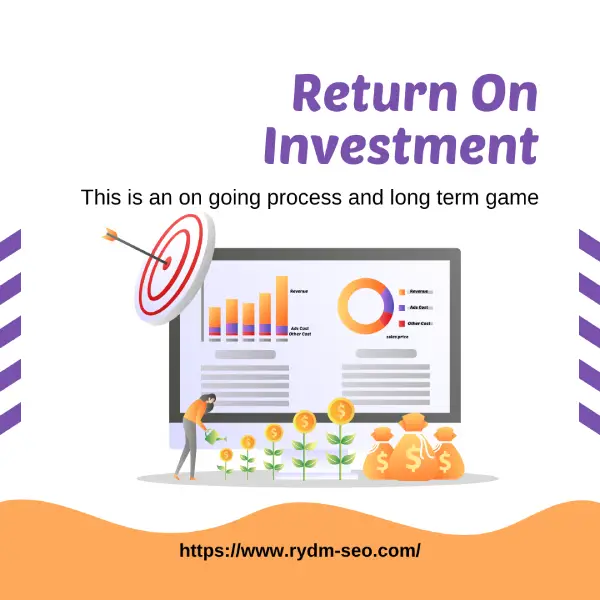Understanding Digital Marketing
Marketing is a strategic business function that involves identifying, satisfying, and retaining customers through effective communication and value delivery. It encompasses various activities. It is a continuous process that encompasses market analysis, product development, pricing strategies, distribution planning, and promotional activities, all aimed at delivering superior customer value and gaining a competitive advantage in the marketplace.
Marketing has been an integral part of business and commerce for centuries. Its roots can be traced back to ancient civilizations, where traders and merchants used various techniques to promote their products and attract customers Over time, marketing evolved in response to societal changes, technological advancements, and shifts in consumer behavior.
During the industrial revolution in the 18th and 19th centuries, mass production became widespread, leading to increased competition and the need for businesses to differentiate themselves. This gave rise to the concept of branding and advertising, as companies sought to create unique identities and communicate their value proposition to potential customers.
The early 20th century saw the emergence of marketing as a formal discipline, with the development of marketing theories and frameworks. Pioneers like Philip Kotler and Theodore Levitt contributed to the establishment of marketing as a strategic function within organizations. With the advent of the digital age, marketing underwent a significant transformation. The proliferation of the internet and technological advancements opened up new avenues for reaching and engaging consumers.
Digital marketing emerged as a powerful tool, enabling businesses to target specific audiences, measure campaign effectiveness, and personalize interactions. Today, marketing encompasses a wide range of activities, including market research, product development, pricing, promotion, distribution, and customer relationship management. It leverages various channels and techniques to understand customer needs, create value, and build strong brand relationships.
In a highly competitive and rapidly changing business landscape, effective marketing is crucial for businesses to thrive. It requires a deep understanding of consumer behavior, market dynamics, and the ability to adapt to evolving trends and technologies. By employing strategic marketing approaches, organizations can gain a competitive edge, expand their reach, and achieve sustainable growth.
Digital Marketing What Is: Unraveling the Concept and Significance
Digital Marketing:
Digital marketing refers to the use of digital channels and technologies to promote products, services, and brands. It leverages the internet, social media platforms, search engines, email, mobile apps, and other digital mediums to reach target audiences and drive engagement, leads, and conversions.
Digital marketing employs techniques such as search engine optimization, pay-per-click advertising, content marketing, social media marketing, email marketing, and data analytics to optimize marketing campaigns and deliver measurable results. It offers businesses a cost-effective and targeted approach to reach a global audience, enhance brand awareness, and maximize return on investment
Digital channels
- Websites
- Search engines (e.g., Google, Bing)
- Social media platforms (e.g., Facebook, Twitter, Instagram)
- Email marketing
- Mobile applications
- Online display advertising
- Video marketing (e.g., YouTube)
- Content marketing (e.g., blogs, articles)
- Influencer marketing
- Online forums and communities
- Podcasts and audio marketing
- Online directories and listings
- Online PR and press releases
- Affiliate marketing programs
- Online events and webinars
Technologies for Digital Marketing:
- Content Management Systems (CMS)
- Customer Relationship Management (CRM) software
- Email marketing tools
- Social media management platforms
- Search engine optimization (SEO) tools
- Pay-per-click (PPC) advertising platforms
- Web analytics tools
- Marketing automation software
- Data analytics and reporting tools
- Conversion rate optimization (CRO) tools
- A/B testing platforms
- Customer journey mapping software
- Social listening and sentiment analysis tools
- Video editing and production software
- Mobile app development frameworks
- Augmented reality (AR) and virtual reality (VR) technologies
- Chatbots and AI-powered customer support tools
- Influencer marketing platforms
- Affiliate marketing networks
- Data management platforms (DMPs)
- Customer data platforms (CDPs)
- E-commerce platforms
- Responsive web design frameworks
- Voice search optimization tools
- Programmatic advertising platforms
SEO in digital marketing
Digital marketing what is the role of proper SEO implementation of digital marketing strategy ,this is a contiuous and ongoing process An analyst can manage these technical aspects on regular basis .The sites usually encounters lot issues like the broken image url , broken links, loading speed,core vitals , duplication of contents and 404 errors.Continous and regular monitoring ensures the result oriented digital marketing ,




